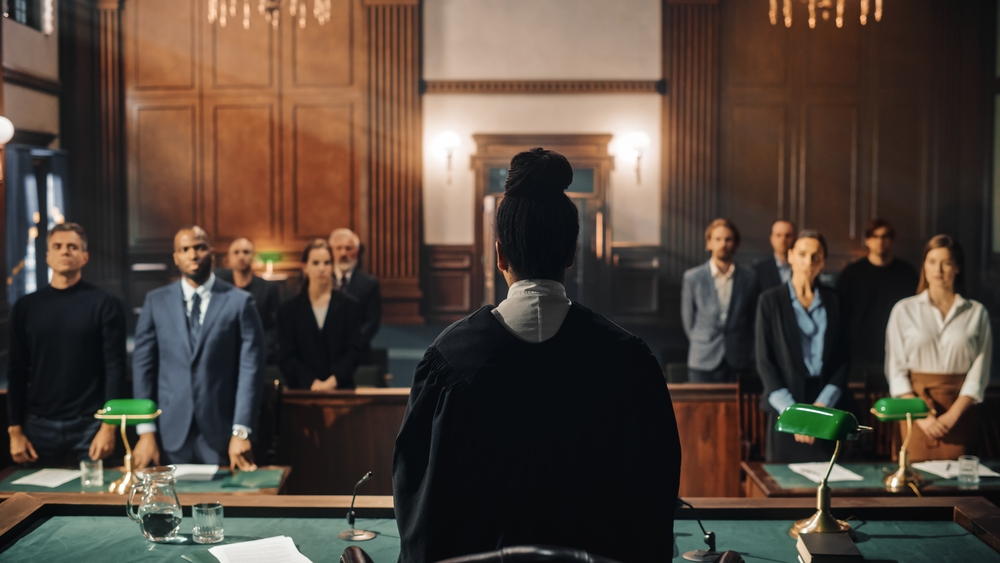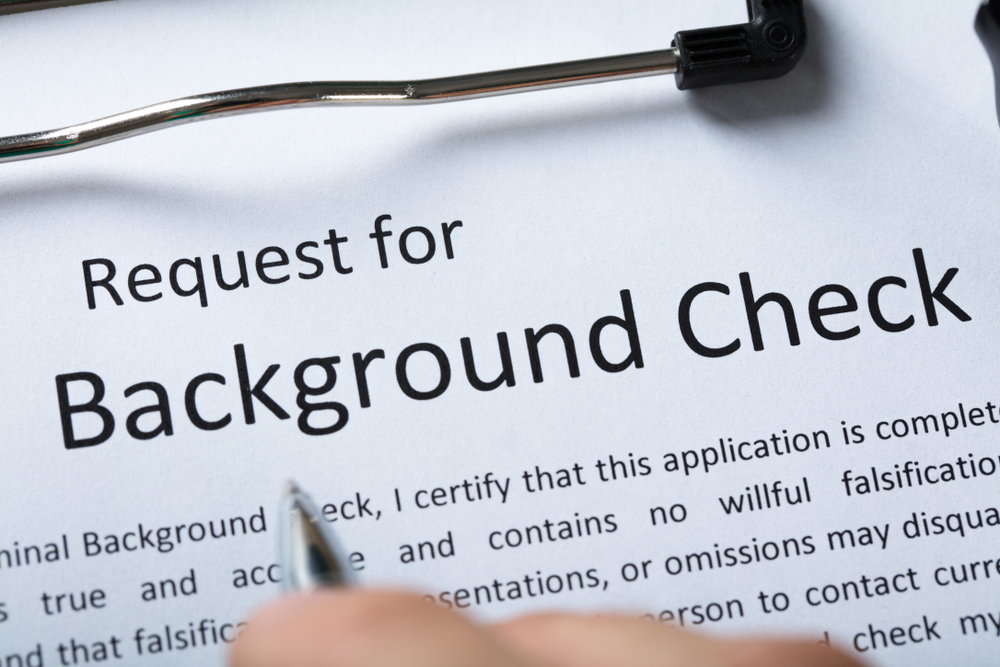In Kansas, there is no specific statutory requirement for judges to make a ruling within a certain timeframe in all cases. The Kansas Code of Civil Procedure provides some guidance regarding time limits for certain types of rulings and orders in civil cases.
These are some of the samples…
- Motion Practice – In civil cases, judges are generally expected to rule on motions within a reasonable time after they are filed and properly served on the opposing party. The specific timeframe may vary depending on the complexity of the motion and the court’s docket.
- Pretrial Conferences – Judges may set deadlines for pretrial conferences and issue pretrial orders outlining the schedule for completing pretrial tasks, such as discovery, motions practice, and settlement negotiations.
- Trial Schedule – Judges typically set trial dates and establish deadlines for completing pretrial preparations, such as exchanging witness lists, exhibits, and trial briefs. They may also establish time limits for presenting evidence and making arguments during trial.
While there are general expectations and procedural guidelines for timeliness in the judicial process, the specific timeframe for issuing rulings may vary depending on factors such as the complexity of the case, the judge’s workload, and any applicable rules or local court practices. Certain emergency or expedited matters may receive priority treatment, resulting in quicker rulings.
If a party in a case believes that a judge has unreasonably delayed making a ruling, they may seek relief through procedural mechanisms such as filing a motion to expedite or seeking review of the delay through the appellate process.





